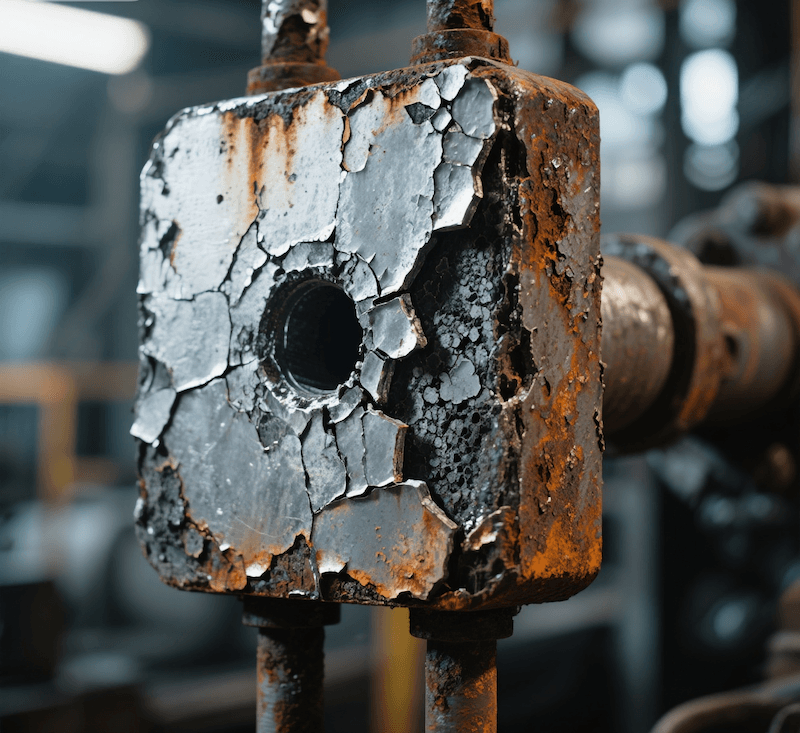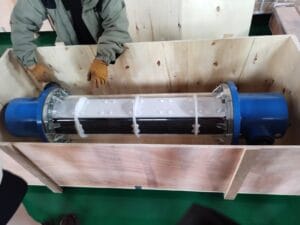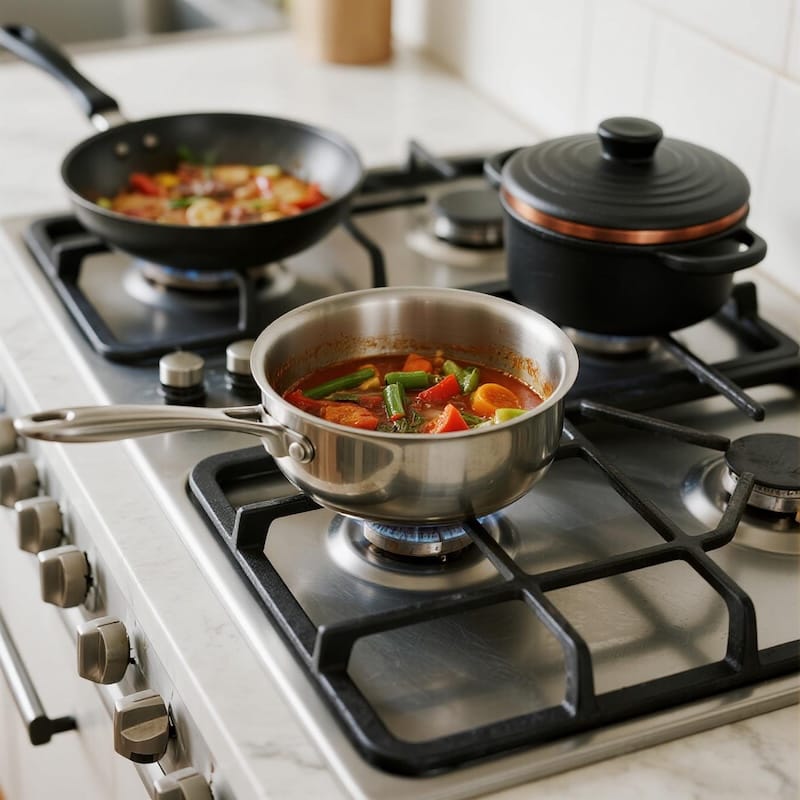
Aerospace Titanium Solutions
Aerospace titanium alloys are essential due to their high strength-to-weight ratio, excellent corrosion resistance, and ability to perform under extreme temperatures. These properties make them ideal for aircraft components such as engine parts, fasteners, and heat shields. Titanium alloys enhance fuel efficiency, durability, and performance in aerospace applications, contributing to lighter, more resilient aircraft.

Product Summary:
The advantages of aerospace titanium alloys include:
High Strength-to-Weight Ratio: Titanium alloys are as strong as many steels but with only 60% of the density, making aircraft components lighter without compromising strength.
Corrosion Resistance: Titanium alloys resist corrosion from environmental factors like moisture and salt, ensuring the longevity of aerospace components, especially in harsh conditions.
High-Temperature Performance: Titanium retains its mechanical properties at high temperatures, which is crucial for aircraft engine components exposed to extreme heat.
Fatigue Resistance: Titanium’s resistance to fatigue ensures the durability of components like landing gear, which undergo repetitive stress during flights.
Biocompatibility: While primarily beneficial in medical fields, titanium’s biocompatibility is a noteworthy property that enhances its safety and reliability across industries.
Aerospace titanium alloys are widely applied in various critical areas, including:
Engine Components: Used in blades, rotors, and other parts that require high strength and heat resistance to withstand the extreme temperatures generated by aircraft engines.
Structural Components: Titanium alloys are utilized for wing skins, fuselage frames, and landing gear, providing strength while reducing the overall weight of the aircraft.
Fasteners: Titanium fasteners, such as bolts and screws, are common in aerospace structures due to their excellent strength and corrosion resistance in harsh environments.
Heat Shields: Titanium’s ability to endure high temperatures makes it ideal for heat shields that protect aircraft and spacecraft from extreme heat generated by engines and atmospheric re-entry.
Landing Gear: Titanium’s fatigue resistance makes it suitable for landing gear, which is subjected to repeated stress during takeoffs and landings.
In aircraft, the most commonly used grades of titanium are:
Grade 5 (Ti-6Al-4V): This is the most widely used titanium alloy in aviation. It contains 90% titanium, 6% aluminum, and 4% vanadium, offering an excellent combination of high strength, corrosion resistance, and heat resistance. It is commonly used in structural components, engine parts, and fasteners.
Grade 2 (Commercially Pure Titanium): Though less strong than Grade 5, Grade 2 is highly corrosion-resistant and is used in applications where formability and corrosion resistance are prioritized over strength. It’s often used for non-critical aircraft parts and chemical processing equipment in aerospace.
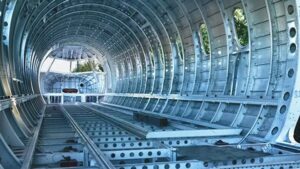

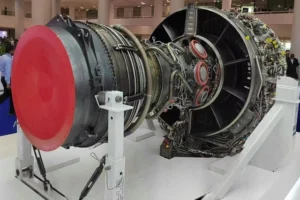
Quality Assurance
Ensures all products meet stringent quality standards before distribution.
Responsive Service
Offers prompt and effective solutions to any operational or product issues.
Timely Delivery
Prioritizes efficient logistics to guarantee on-time delivery of orders.
Sourcing Titanium Can Be Simple & Secure
Whatever your titanium product requirements, our deep expertise ensures we can manufacture it to your exact specifications. By producing our own raw materials, we maintain superior quality control and offer more competitive pricing than our global competitors.
Still Have A Questions?
If you have any additional questions, feel free to reach out to us directly. We’re here to assist you with all your inquiries
Uncover Exclusive Insights in Our Specialized Industries




Explore how our advanced materials, including titanium and triply cookware circles, are transforming industries. Our solutions enhance efficiency, durability, and innovation across multiple sectors.
Recent Posts

